Cognition and behavior: Probiotics alleviate anxiety in mice
Probiotic bacteria alleviate stress in healthy mice and modify the expression of receptors for a chemical messenger that inhibits signaling in the brain.
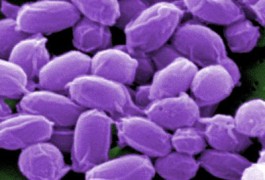
Probiotic bacteria alleviate stress in healthy mice and modify the expression of receptors for a chemical messenger that inhibits signaling in the brain.
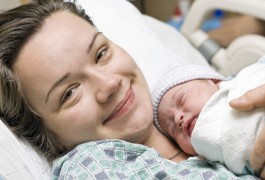
A few factors related to childbirth, such as low birth weight or breech birth, are associated with a higher-than-average risk of autism, but none of them show a strong correlation with the disorder on its own.

Including more females in autism research studies will aid the search for genetic and environmental susceptibility factors for the disorder, says genetic psychiatrist Lauren Weiss.
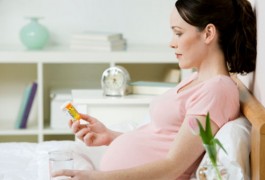
Taking antidepressants while pregnant may slightly increase the risk of having a child with autism, reports a study published 4 July in the Archives of General Psychiatry.

A new study of twins proposes the controversial claim that environmental influences during early development are just as, if not more, important than genetics. But the findings are not substantially different from those of previous twin studies, however, and some experts are critical of the study’s statistics.
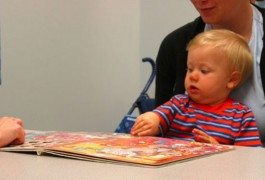
Studying the infant siblings of children who have autism to identify early signs of the disorder is expected to have enormous impact on the field from a clinical and a basic science standpoint, says psychologist Karen Dobkins.

Taking prenatal vitamins for three months before conception and four weeks after could lower the risk of having a child with autism, particularly for women who carry certain genetic variants, according to a study published in the July issue of Epidemiology.
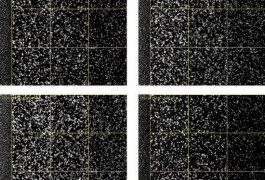
What’s known about the genetics of autism supports the ‘snowflake’ hypothesis — that the molecular underpinnings of disease are essentially unique from individual to individual — says human geneticist Brett Abrahams.

Sensory sensitivity is one of the most understudied aspects of autism. That’s a serious problem, because it underlies much of the distress experienced by people with the disorder, says best-selling author and animal scientist Temple Grandin.
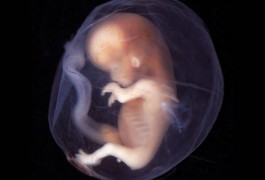
The placenta regulates the levels of the neurotransmitter serotonin in the brains of mice at a key stage in embryonic development, according to a study published 21 April in Nature. The results suggest that the fetal environment can influence the long-term mental health of children, including whether they later develop autism or schizophrenia.